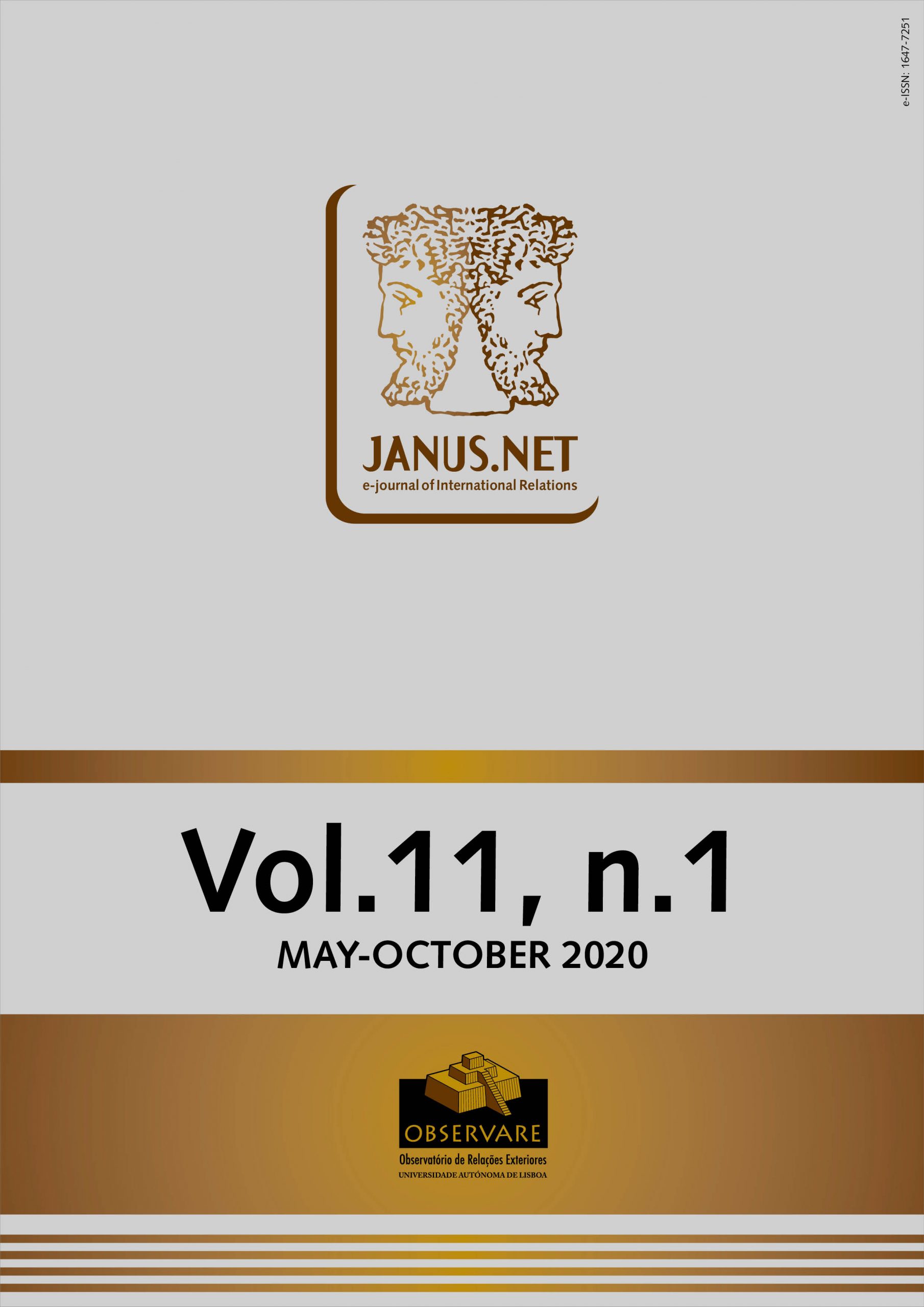Establishing a business relationship is a complex action influenced by different variables. When we approach the international context, the complexity becomes even greater, with communication between commercial actors playing a crucial role. In this sense, the promotion of effective and unimpeded verbal communication between international partners is crucial for the success of any transaction. It is in this context that economics of language gains relevance, allowing the inclusion of the language spoken by the commercial partners as one of the explanatory factors of international trade, assuming in the explanatory gravitational models of trade flows between countries the role of facilitator of trade exchanges or, on the contrary, of an obstacle to the commercial relationship. Studies in the area of economics of language reveal that economic relations are strongly influenced by language, but language choices can also be influenced by economic factors, which is why this is a bilateral relationship. The study we present here focuses on how verbal communication (measured according to linguistic proximity, that is, a greater or lesser degree of similarity between the language spoken by two business partners) influences the commercial relations established in an international context. In this study, we conclude that, based on data on the volume of Portuguese exports in 2015, the ease of verbal communication with the trading partner has a positive influence on the increase in trade – in empirical terms, this conclusion is corroborated by the fact that Spain is Portugal’s main trading partner. We conclude that the language factor is not being well used by the Portuguese State, as the linguistic proximity could be used to increase Portuguese exports, namely with the countries that compose the Community of Portuguese Speaking Countries (CPLP) and with those that integrate the Southern Common Market (Mercosur).
VERBAL COMMUNICATION: AN ESSENTIAL FACTOR IN INTERNATIONAL TRADE
»
OBSERVARE, Observatory for External Relations, Universidade Autónoma de Lisboa (Portugal)
»
Linguistics Centre of Universidade Nova de Lisboa (CLUNL). Instituto Superior de Contabilidade e Administração de Lisboa (ISCAL, Portugal)
Resumo
O estabelecimento de uma relação comercial é uma ação complexa, influenciada por diferentes variáveis. Quando abordamos o contexto internacional a complexidade é ainda maior, cabendo à comunicação entre os atores comerciais um papel crucial. Nesse sentido, a promoção de uma comunicação verbal efetiva e sem entraves entre os parceiros internacionais é crucial para o sucesso de qualquer transação. É neste âmbito que a economia da língua ganha relevância, permitindo a inclusão da língua falada pelos parceiros comerciais como um dos fatores explicativos do comércio internacional, surgindo nos modelos gravitacionais explicativos dos fluxos de comércio entre países como um elemento facilitador das trocas comerciais ou, pelo contrário, como um entrave na relação comercial. Os estudos na área da economia da língua revelam que as relações económicas são fortemente influenciadas pela língua, mas as escolhas linguísticas podem ser também influenciadas por fatores económicos, razão pela qual esta é uma relação bilateral. O estudo que aqui apresentamos incide sobre a forma como a comunicação verbal (medida pela proximidade linguística, ou seja, um maior ou menor grau de semelhança entre a língua falada por dois parceiros comerciais) influencia as relações comerciais estabelecidas num contexto internacional. Neste estudo, concluímos que, com os dados relativos ao volume de exportações portuguesas para 2015, a facilidade de comunicação verbal com o parceiro comercial tem uma influência positiva no aumento das trocas comerciais – em termos empíricos, esta conclusão é corroborada pelo facto de Espanha ser o principal parceiro comercial de Portugal. Concluímos que o fator língua não está a ser bem aproveitado pelo Estado português, na medida em que a proximidade linguística poderia servir para uma maior promoção das exportações portuguesas, nomeadamente com os países que compõem a Comunidade dos Países de Língua Portuguesa (CPLP) e com os que integram o Mercado Comum do Sul (Mercosul).
Palavras-chave
Como citar este artigo
Ribeiro, Sandra; Ferro, Maria João (2020). “Verbal communication: an essential factor in imternational trade”. JANUS.NET e-journal of International Relations, Vol. 11, N.º 1, May-October 2020. Consulted [online] on the date of the last visit,https://doi.org/10.26619/1647-7251.11.1.3
Article received on 13 August, 2019 and accepted for publication on 30 March, 2020















